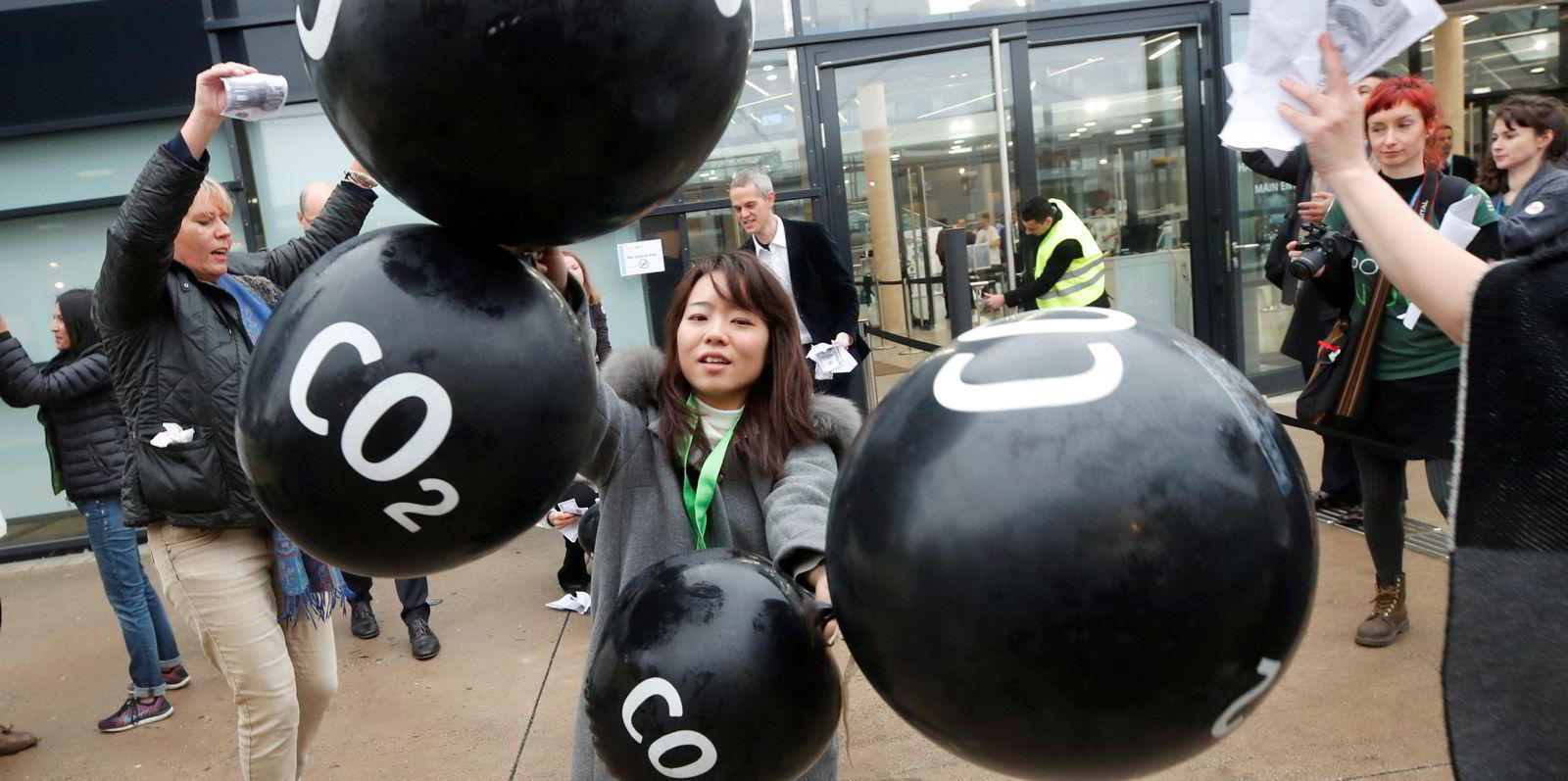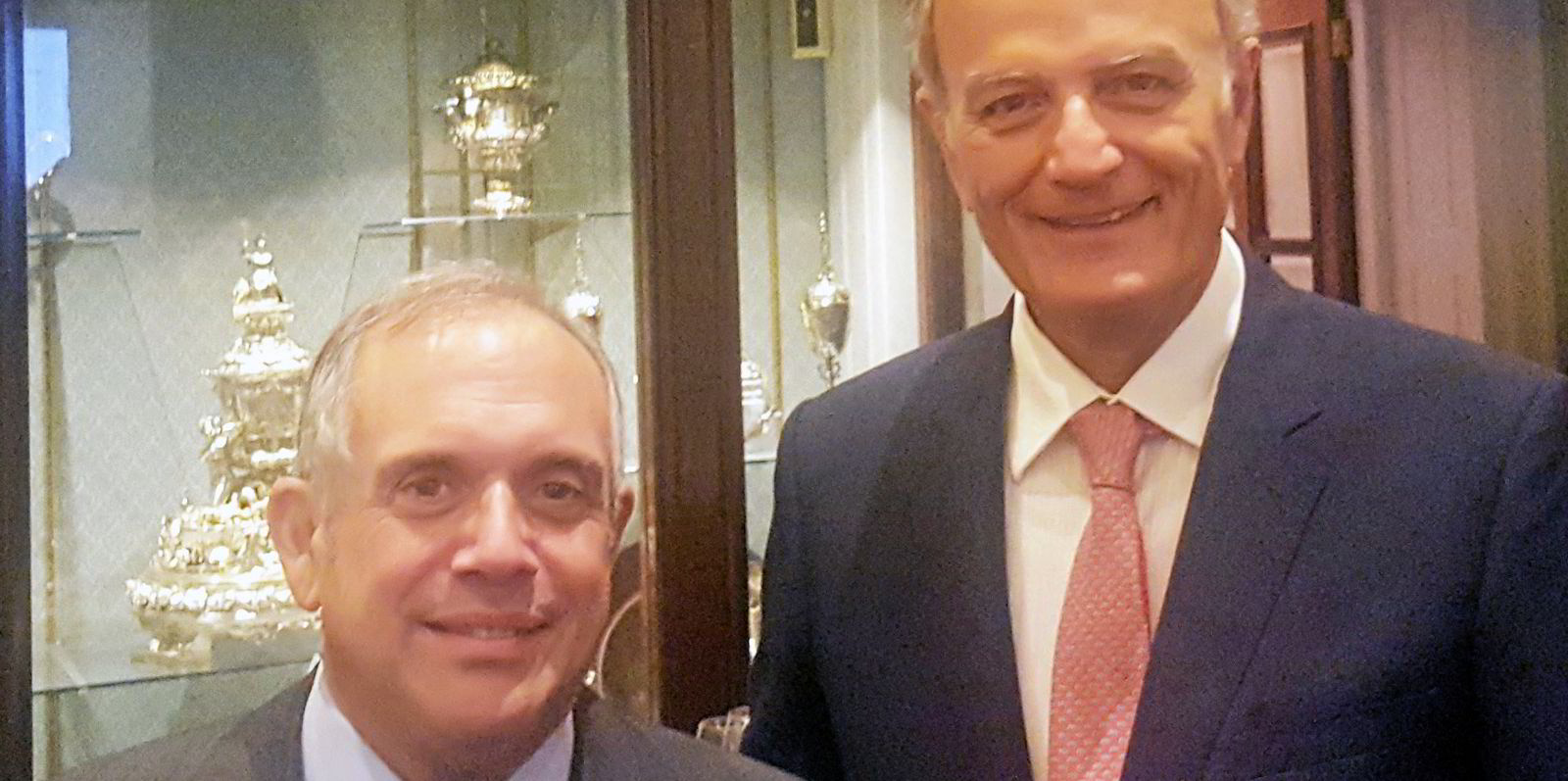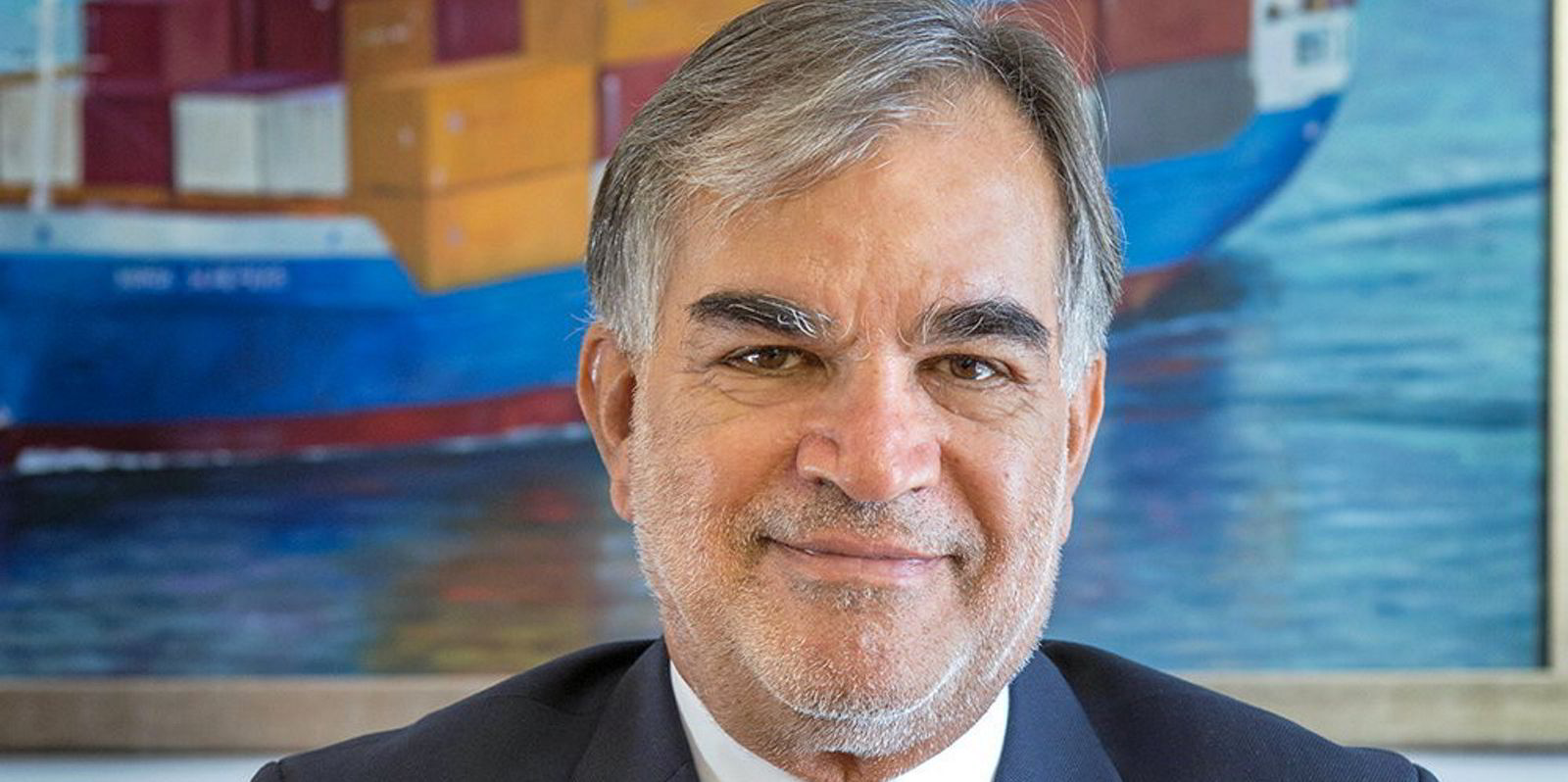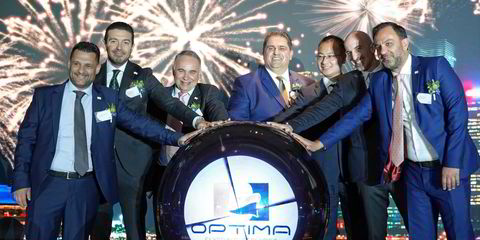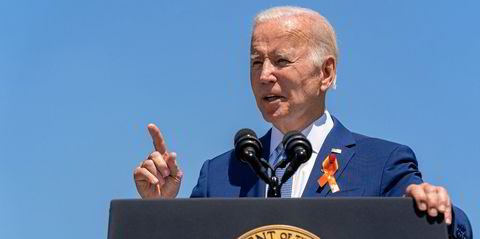The price of European Union allowances (EUA) for carbon on the bloc's Emissions Trading System (EU ETS) hit €97 per tonne this week, with expectations that it will soon breach €100.
The price was €7 four years ago, and top analysts such as Lawson Steele at Berenberg now believe the “upper end” of €130 to €230 could yet be seen.
With the shipping sector due to join the EU ETS in a phased introduction from January next year and be fully integrated by 2026, these prices matter.
As my colleague, Adam Corbett, argues opposite, the best solution to reducing the world’s carbon emissions and tackling the climate crisis is to burn no fossil fuels.
No one is pretending this has not got difficulties attached to it currently, but shipowners should try to avoid having to buy these ETS “allowances”.
There is a load of reasons why carbon prices are rising and will continue to do so. The biggest is that European politicians are not turning back: they have pledged to cut CO2 by 55% come 2030 over 1990 levels.
And the introduction of the EU’s carbon border adjustment mechanism from 2026 will encourage other countries outside the EU to follow suit.
This could gradually produce the global carbon market that would bring clarity for all industries.
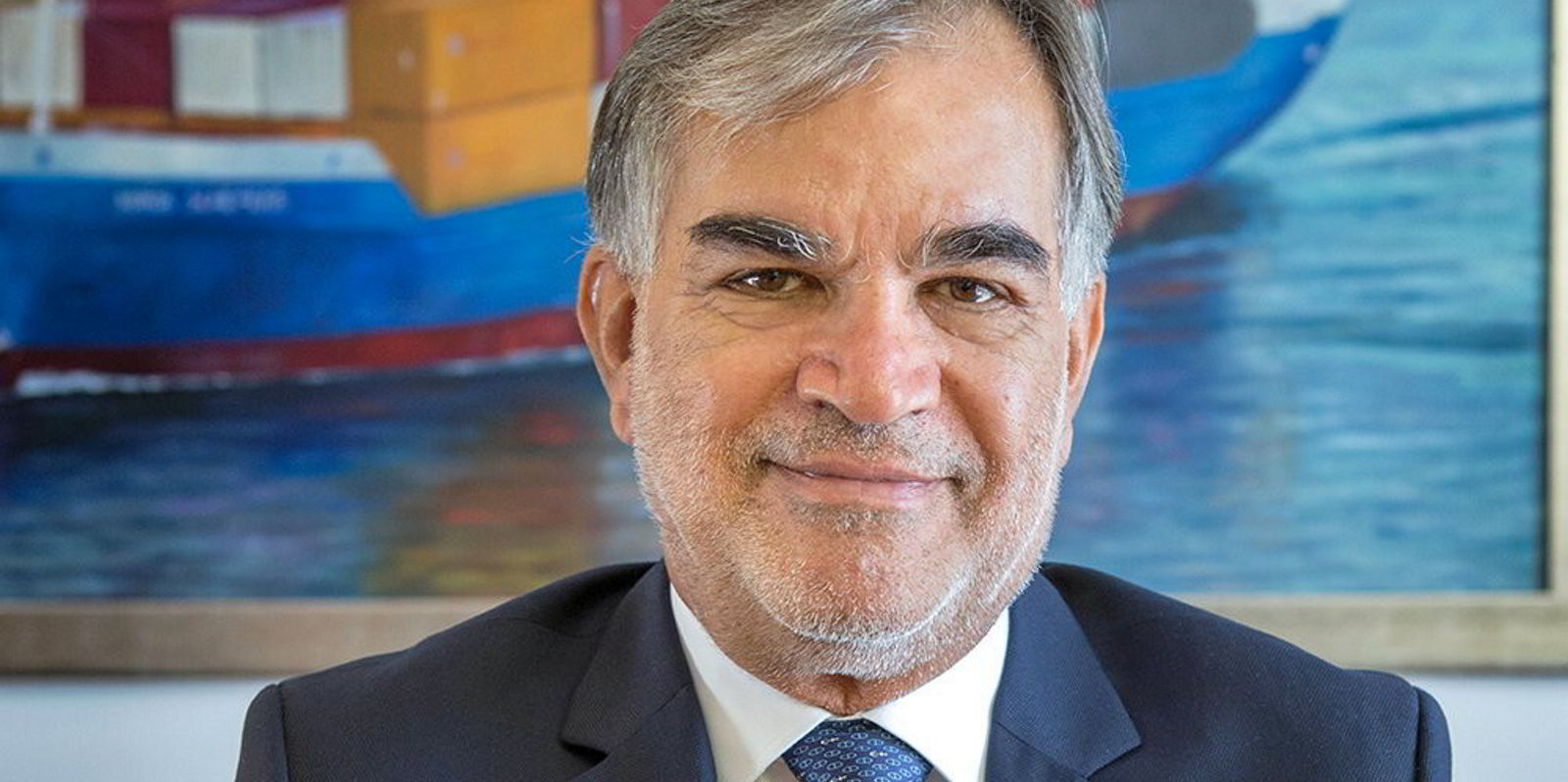
Some of the current pressures for rising prices are connected to underlying physical factors, and some — in common with any capital or commodity markets — are about speculation.
An increasing number of investors who have no connection with carbon or the power plants and airlines already bound by the ETS are “playing” the market.
And once the magical three-digit number of €100 per tonne is reached, there is likely to be a fast acceleration afterwards — based largely on market sentiment.
But this level of CO2 price while punishing those polluters who need to buy credits also opens the door to costly — but the United Nations climate treaty negotiators think vital — technologies such as carbon capture and storage.
Eventually, if the price keeps rising, it could blur the cost boundaries between cheaper “blue” hydrogen made from natural gas and more expensive “green” hydrogen produced from renewable power sources.
One more tangible reason why the price of carbon credits is riding high is the soaring price of gas, which is encouraging power stations to switch to burning coal for the production of electricity.
Fears that the 40% of European gas supplies provided by Russia could be cut off as a result of any military invasion of Ukraine is also playing a role here.
The high price of gas and carbon is encouraging Europe to think about new sources of LNG, as we discussed in this column last week, but it is also putting pressure on the EU from member states such as Poland to reform the ETS or slow decarbonisation. I don’t think this will happen.
A recent comment piece from analysts at Andurand Capital Management on the Carbon Pulse website says interference of this kind will only make matters worse.
“EU policymakers should therefore let the market lean into this new paradigm as the sooner EUA prices enter and rise steadily up through the €90 to €150 euro range, the smoother the pathway to full decarbonisation will be,” it said.
And yet we come back to shipping and the continuing need for global carbon regulations from the International Maritime Organization.
It still has not cemented a regulatory framework that fits with the UN’s wider climate goals agreed in Paris more than six years ago.
Despite this, Philippos Philis, the new president of the European Community Shipowners Association, argues that the IMO has been making “great progress”.
He is also supportive of suggestions from key EU policymaker Peter Liese to amend the draft EU ETS legislation to put more liability on charterers and commercial operators and not just vessel owners.
This has pitched the ECSA against the World Shipping Council, whose members include liner giants such as Maersk.
While we await certainty from the EU and IMO, there is something to be said for the ideas of Torvald Klaveness’ ZeroLab, which promotes the idea of shipowners setting about carbon “insetting” — taking CO2 out of the whole supply chain.
But all the while, the price of carbon continues to rise.
